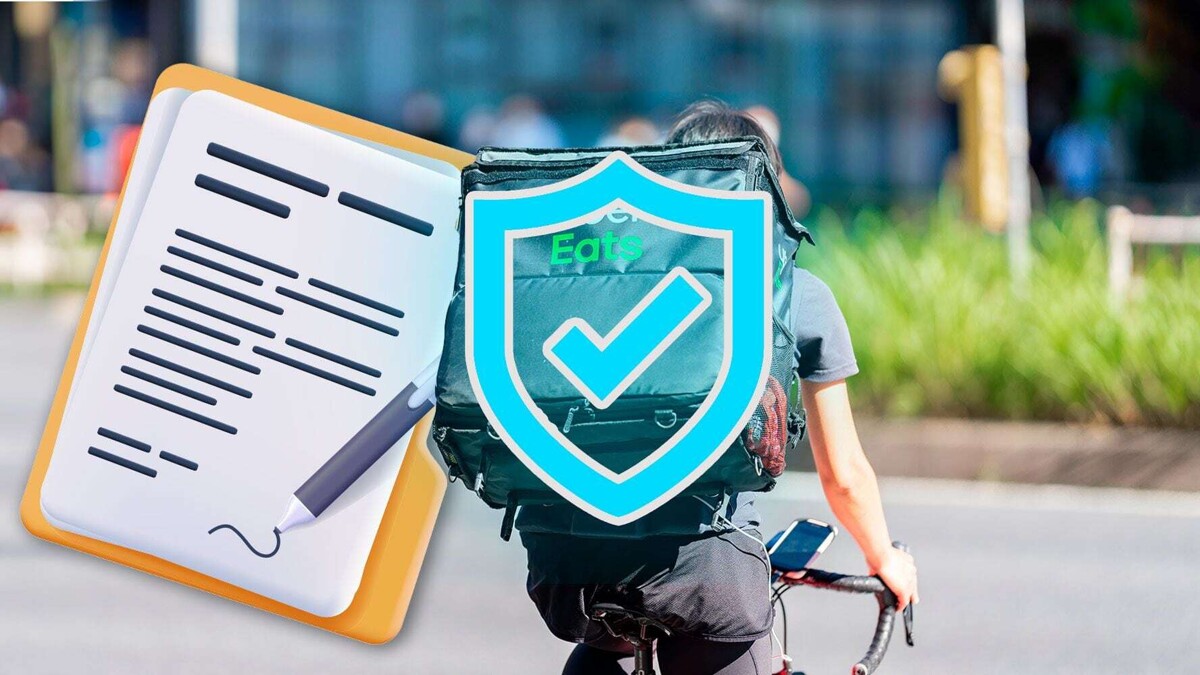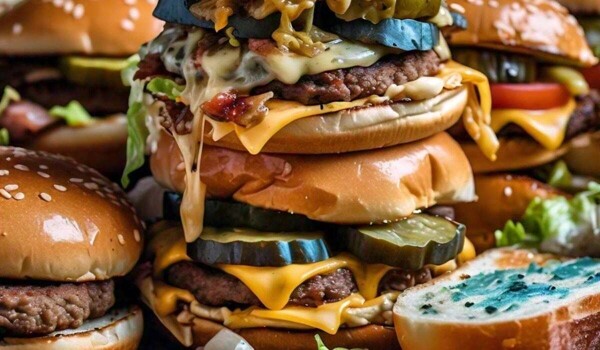
A new labor reform in Mexico is aimed at benefiting around 658,000 workers employed as delivery drivers for digital platforms. This measure, driven by the country's president, has the primary objective of changing a model of exploitation and injustice towards these workers into one that guarantees them a fair contract and decent working conditions.
The reform includes access to basic labor rights such as social security, coverage for work-related risks, illnesses, disabilities, pensions, childcare, and accident insurance. Additionally, it seeks to provide clear contracts and flexible hours for delivery drivers, most of whom earn at least minimum wage. These measures aim to level the playing field and benefit workers in delivery apps.
These digital platforms arrived in Mexico in 2015, marking the beginning of a new form of employment known as 'uberization.' Although these applications have seen significant growth, workers face low wages, safety risks on the streets, and no support from the platforms. The lack of formal recognition for workers was one of the main deficiencies of these companies' business model.
The popularity of delivery apps grew even more during the pandemic between 2019 and 2022, leading to a significant increase in the number of users. However, despite their growth, many of these platforms lack clear protection protocols against harassment for drivers. Furthermore, most workers must provide their own equipment and means of transportation to perform their jobs.
In conclusion, the new labor reform in Mexico seeks to establish a framework that protects and recognizes the rights of digital platform workers. Providing social security, access to credit and insurance, as well as ensuring a fair wage and decent working conditions, are important steps towards a more equitable treatment of those performing these essential jobs.














